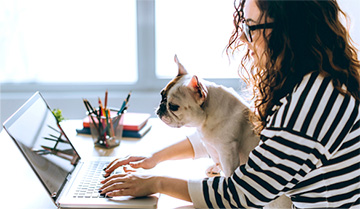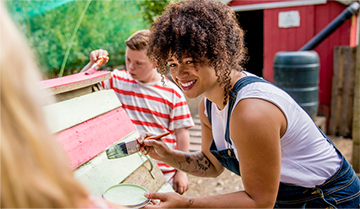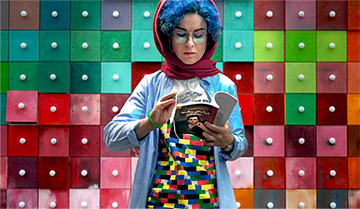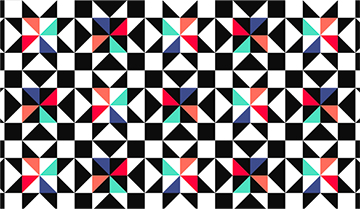Identity & Personal Branding
Thanks for joining MyPath101!
Complete the modules to create your iDentity Profile. When done, email your iDentity Profile to your guidance counselor, parent, or anyone else helping you by going here.
view/update my profile
Lesson Header Section
10. Same-Same But Different—How Are You the Same as Your Peers? How Are You Different?
You are unauthorized to view this page.
Lesson Footer Section













